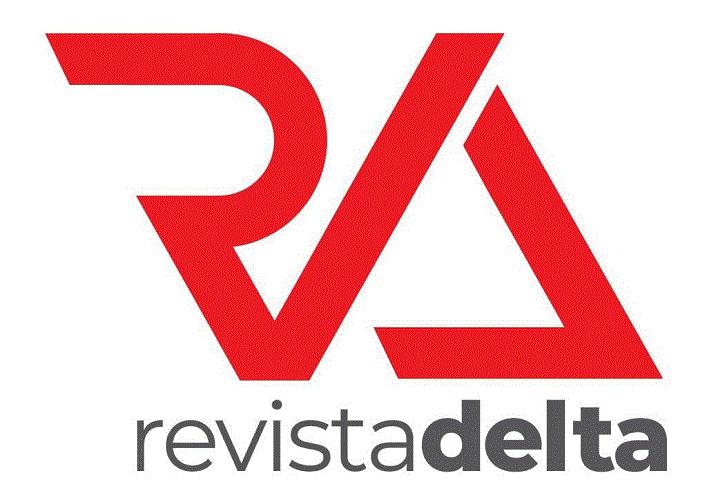ABSTRACT
The aim of this study is to reflect about the vocal aspect of the enunciation in child’s language experience and its relation of interpretation with the inter-human functions of speech, in seeking to understand what is the vocal arrangements function in the history of children’s language acquisition in relation to another of enunciation. It is analyzed the language features characteristic of a child language in the age group from two years to two years and seven months, obtained in a natural situation. It is assumed an enunciatively perspective of language acquisition, focusing certain constituent vocal arrangements of child speech, which are known in the issue and the perception of vocal elements that mark the enunciation relationship. The analysis showed that in mobilizing the specific vocal arrangements in the assertive, interrogative and imperative modalities of the phrase, the child moves in the symbolic of the language to act on the other, which proves the passage from speaker to subject. Since, from the appropriation of the forms of the language, it mobilizes the relations of interpretation to constitute its space of saying.
Key-words:
language acquisition; language interpretation; inter-human functions of discourse; vocal arrangements
